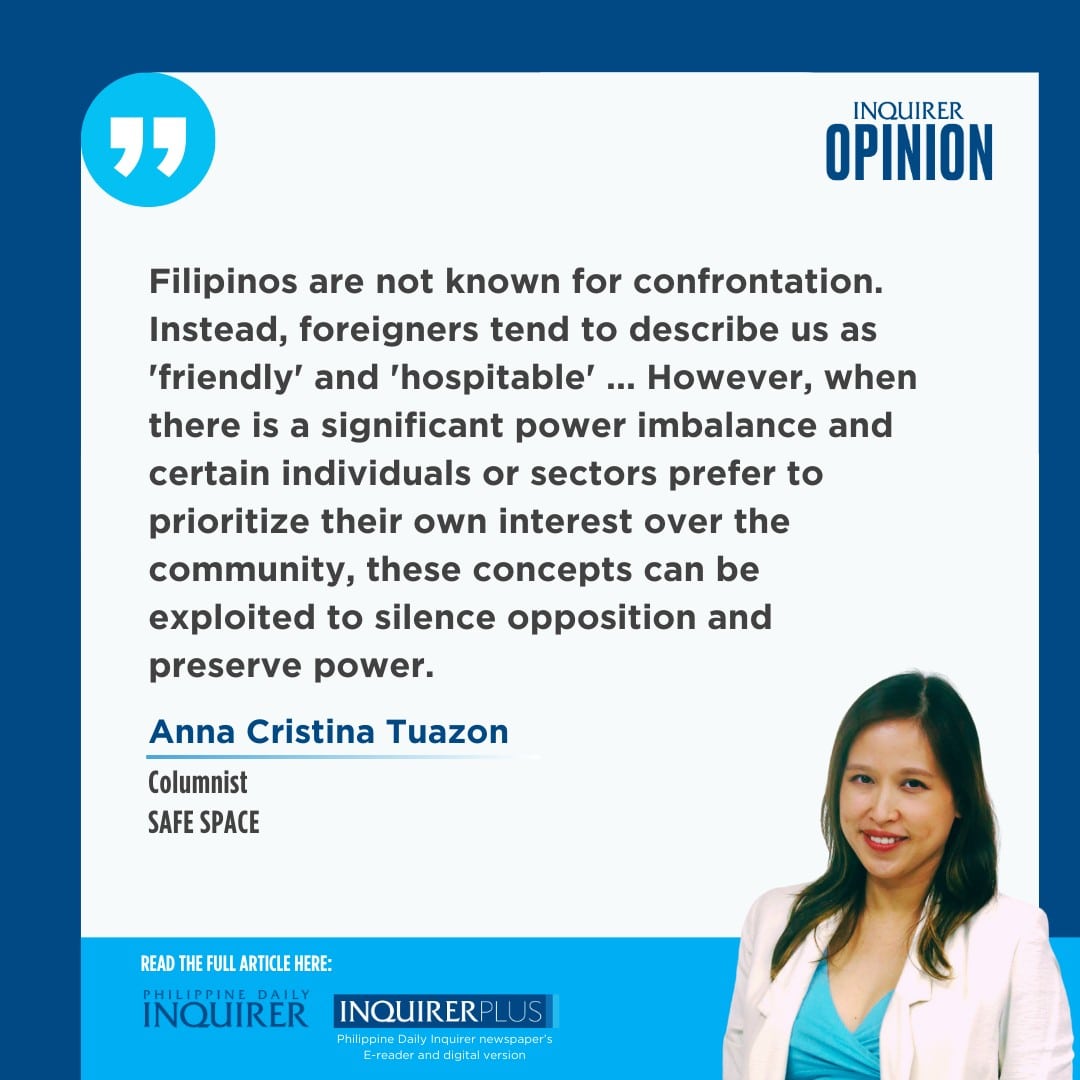The power of silence
Last Sept. 21 marked the 52nd anniversary of the declaration of martial law in the country. It also happened to fall on a weekend, allowing the President and his government to once again sidestep the awkward reality that the former dictator’s family has returned to power. The current administration has been a master of opting out of conversations that may force them to face accountability. We must remember that during the election campaign, the President has skipped out on most debates, not wanting to be confronted by his opponents. His office was also able to avoid public scrutiny on its expenditures and use of confidential funds as legislative and media attention were both placed solely on the Vice President. We already know, from professor Cielo Magno’s firing last year from the Department of Finance, that he does not like anyone to have views different from him. We must note, at the same time, that this selective silence cannot be established by one person alone. Everyone is complicit in that we allow these things not to be talked about. Either from vested interest or for fear of one’s safety, we allow these things to go unreported and we have given up on asking important questions altogether.
Filipinos are not known for confrontation. Instead, foreigners tend to describe us as “friendly” and “hospitable.” We make frequent use of “pakikiramdam,” the shared inner sensing and attuning with oneself and others, that then allows us to use “pahiwatig,” or indirect communication, as our preferred way of expressing ourselves. When we all subscribe to collective needs and goals, these two concepts can be beneficial in establishing a culture of mutual care. However, when there is a significant power imbalance and certain individuals or sectors prefer to prioritize their own interest over the community, these concepts can be exploited to silence opposition and preserve power.
This is why I’m wary of leaders and administrations who spout a lot of rhetoric—and create mandatory policies—on instilling values like good manners and patriotism in others while refusing to let others comment and evaluate their own manners and behavior. For selfish leaders, it is to their own interest to keep their constituents obedient. If they can convince people that asking critical questions is subversive or antipatriotic, they have just secured their position of power. If they can convince us that to protest is to rebel, then they have successfully cut off our voices. The previous administration used these tactics brazenly. They publicly Red-tagged or narco-tagged dissident voices, sometimes going as far as silencing these voices forever.
The current administration (mind you, there is a lot of overlap of players from the previous administration) seems a bit more image savvy in that they don’t show their intentions to the public. They realize that silence is an effective tool to retain power and influence. Silencing opposition silently is key. The last election almost obliterated opposition in Congress and the Senate. The President doesn’t have to say anything; his legislature does it for him. While the VP was still in his good graces, his own son made sure that the VP’s budget wouldn’t have to be scrutinized in Congress. Now that she doesn’t get to enjoy the protection of his allies, she must face the consequences of her actions.
The Philippines continues to be one of the most dangerous countries for a journalist. This has resulted in media being relatively tepid in their reporting of governmental abuses of power. Yes, we have had sensational cases lately with Alice Guo and Apollo Quiboloy but notice what is not being talked about. As a columnist charged with writing about current events, I tend to look at news briefs rather than the headlines because laws and government agreements that want to sneak through unnoticed tend to be there. ABS-CBN has not recovered its franchise, which continues to handicap dissemination of regional news, increasing the risk of misinformation in the provinces. Investigative journalism has so far not chosen to confront the administration head-on, unlike those that exposed the corruption of former administrations of Joseph Estrada and Gloria Macapagal Arroyo. Nothing is as effective in keeping power as in silencing media.
We sometimes mistake silence for agreement. This happens in class, when we think that a silent classroom means students do not have questions. This also happens in meetings and group discussions. However, it is dangerous to assume that silence is agreement. (Consent certainly does not work that way.) What we can be sure of is that if there is silence, there is a voice that is not being heard, either by choice or under duress. When a leader prefers to hear silence rather than the chants of a lively protest, this is a red flag for our democracy.
—————-
aatuazon@up.edu.ph

















